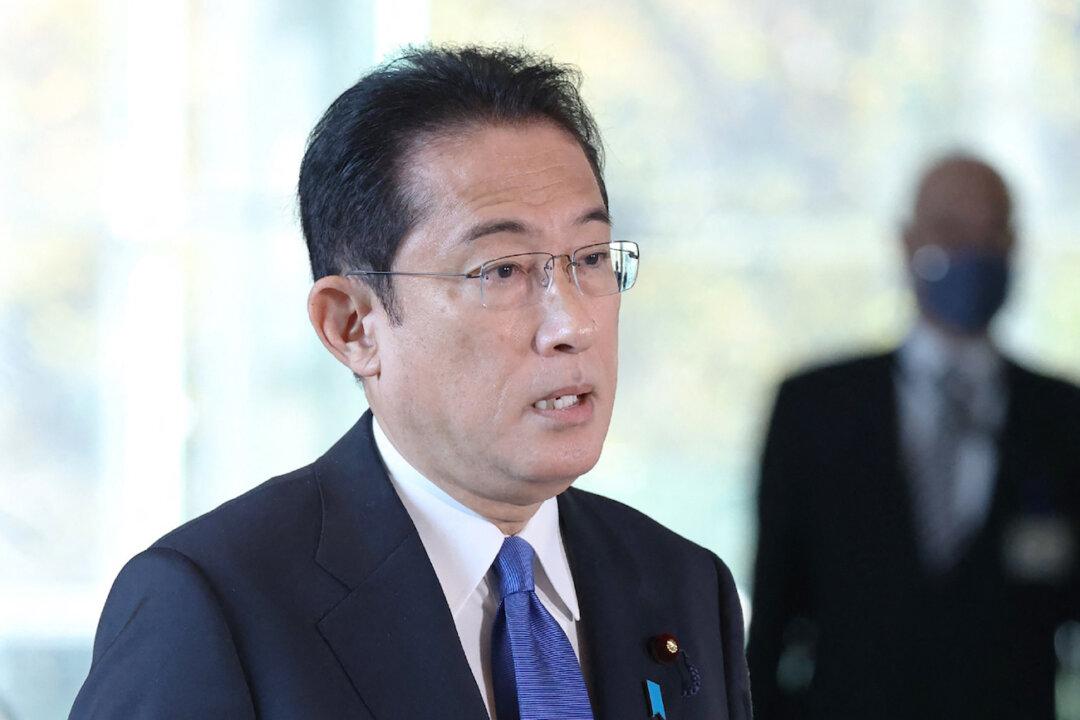Japan and Malaysia have agreed to strengthen bilateral ties and push for “concrete cooperation” between the two countries amid China’s assertive activities in the East and South China Seas.
Japanese Prime Minister Fumio Kishida and his Malaysian counterpart Ismail Sabri Yaakob exchanged views on regional affairs in a phone call that lasted about 25 minutes on Dec. 2, according to Japan’s Foreign Ministry.





